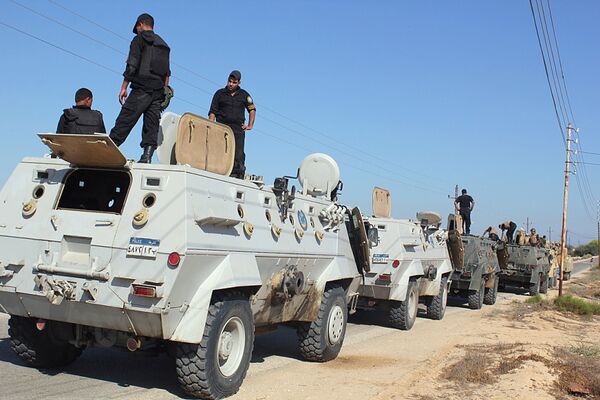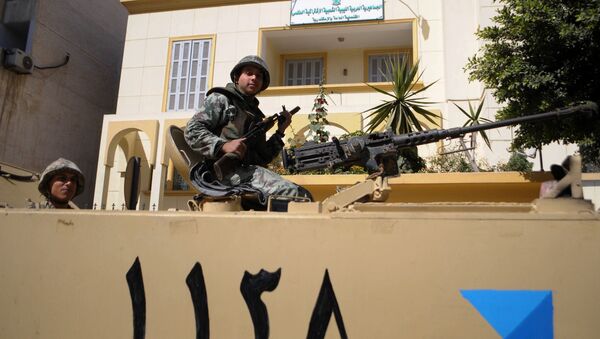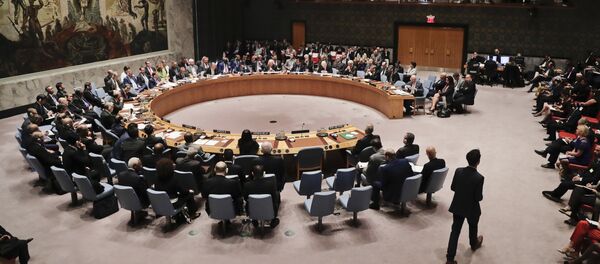"Egypt is providing assistance to the Libyan army in compliance with Article 51 of Chapter VII of the UN Charter, which grants an inherent right of individual or collective self-defense against a military threat coming from the neighboring country to a UN member state," Mahmoud Khalaf, a long-serving former officer, told Sputnik.
He further noted that Egypt is providing "various aid" to the Libyan army without further elaborating on the issue. Such aid, he said, may be provided until the UN Security Council has taken measures necessary to counteract the terror threat on the Libyan territory and maintain international peace and security.

On Wednesday, Egypt’s Assistant Foreign Minister Tariq Al-Qooni stated that Libya has become a sanctuary for terrorists, who pose a direct threat to neighboring Egypt. Speaking at a meeting held at the United Nations headquarters in New York on the “Challenges of Combating Terrorism in Libya,” the top diplomat recalled the attacks on Egyptian Christians in the south of the country in May, and an attempt by 12 cars carrying guns and explosives to enter Egyptian territory from Libya in the beginning of this week.
Earlier, Egypt has repeatedly informed the UN of its airstrikes into terrorist bases in the Libyan territory in response to the murder of Egyptian citizens and terrorist attacks on Egyptian territory.
"The security and stability of Egypt depend on the security and stability of Libya, it is impossible to ignore a common border stretching over one thousand kilometers. Egypt won't allow Libya becoming a refuge for terrorist groups and militias supported by Qatar," said the Egyptian expert.
Khalaf added that Cairo is committed to helping the Libyan army under the command of General Khalifa Haftar to gain control over entire country.
The Egyptian military expert also expressed confidence in the international support for Egypt's operations in Libya.
"The international community supports Egypt’s efforts in its fight against terrorism, especially given the fact that Europe fears the spread of this phenomenon in the south of the Mediterranean, and tries to stem the flow of illegal migrants, most of whom come from the Libyan coast," he concluded.



